Nov 18. 2024 - Latest News
The Chinese CHI 2024 conference, organized by the International Chinese Association of Computer Human Interaction (ICACHI), will be held from November 22 to 25, 2024, at the Southern University of Science and Technology (SUSTech) in Shenzhen, China.
On the first day of the conference (November 22), the SUSTech School of Design will host seven parallel workshops.
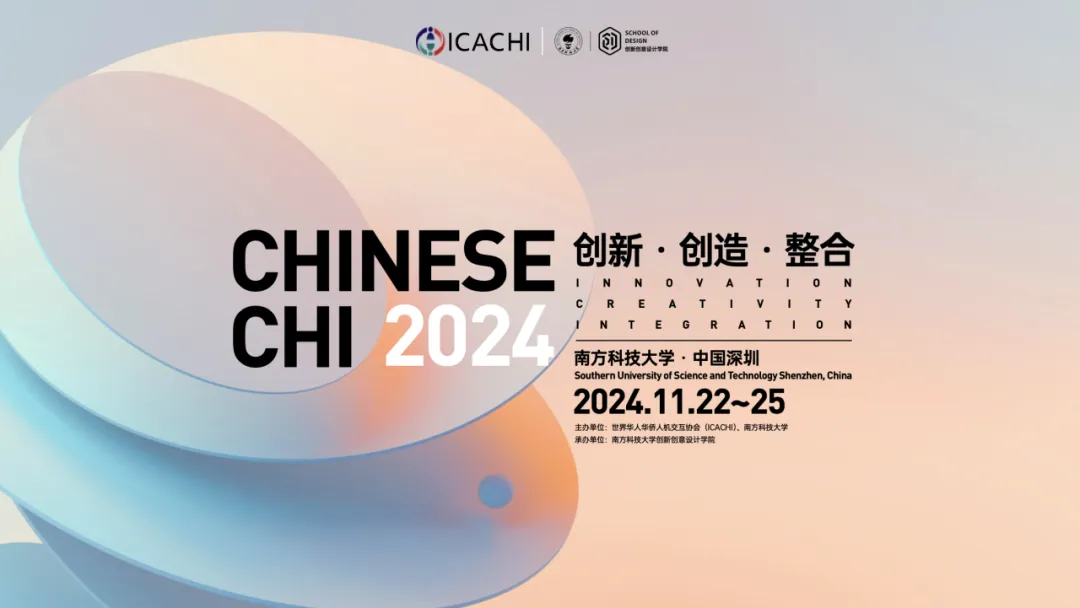
Theme
Future Archeology: Experiencing, Discussing, and Testing the Living Archive
on the example of Hakka Culture
—— part of the project “Future Archeology: Boosting Cultural Vibrancy through AI Regenerated Materialities in Co-Designed Virtual Spaces”
by Enza Migliore, Yujing Ma and Yaohan Zhang
with the collaboration of Yujie Peng, Miao Zhang, Hongyan Chen
SUSTech School of Design
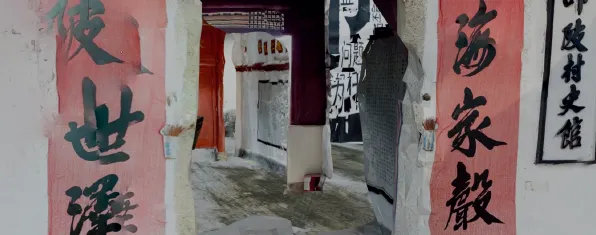
Info
Participants:
3 – 15 Participants
Workshop Duration:
09:00 – 12:00 (estimated)
Workshop Location:
Building C1, iPark
Workshop Language:
Chinese/English
Equipment needed:
Participants are encouraged to bring their own pc for a smooth and effective working session; if una-vailable, they can work in groups on a few laptops provided by the organizers.
Equipment provided:
Projector and big screen for the project introduction, instructions and collective navigation;
2/3 laptops as a backup;
Paper, pens, pencils, and markers for notes, drawings, brainstorming;
Tangible objects from the Future Archeology collection;
Selected Data and Material from the archive for users to explore and experiment;
Description
Shenzhen, a high-density, dynamic city in southern China, showcases the swift transformation and devel-oping character of urban areas. Since its emergence in the 1980s, it has not formed a collective memory but rather reflects individual narratives from people across the country in search of opportunities.
The research project “Future Archaeology,” conducted by the Materialities Research Group at SUSTech School of Design, assumes the city is a future archaeological site. This raises questions about the effec-tiveness of conventional historical reconstruction methods in our rapidly changing, interconnected soci-ety. The research encompasses realistic and fictional reconstructions through digital tools and artificial intelligence based on community involvement and co-design.
We suggest a speculative archive, which we call “Living Archive,” to challenge and reimagine the investi-gation and accessibility of cultural heritage, ultimately contributing to a participatory approach to urban archaeology. We challenge conventional narratives and reject a singular viewpoint by engaging with tangible, authentic materials and digital technologies. We utilize open-source APIs and web technolo-gies to develop a virtual realm that interlinks fragmented, collected materials and stories, encapsulating regenerative data.
Focusing on the Hakka culture in Shenzhen’s Pingshan community, we aim to uncover hidden narratives and material aspects through technological integration. We aim to offer new insights into interaction de-sign, ethnographic studies, applied computing, and HCI, employing collaborative and speculative strate-gies to connect history with contemporary and future identities and actions.
Workshop Description and Objectives
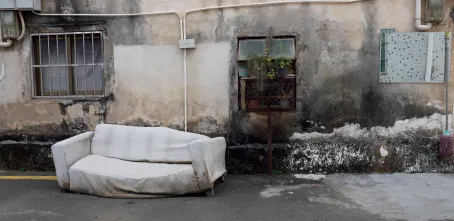
As part of the broad project “Future Archeology,” we designed a web platform to become a Living Ar-chive of Hakka culture where the public can explore material through a personal, non-imposed narrative navigating a fictional historic space rebuilt with authentic remains, collected stories, and ideas from the community, and AI tools of text, 2D images, and 3D objects generation. The further implementation of the archive includes integrating comments, feedback, knowledge and stories from the public to become part of the “never fixed”, evolving cultural heritage.
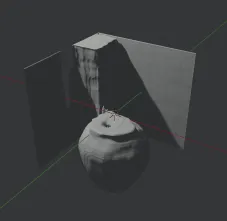
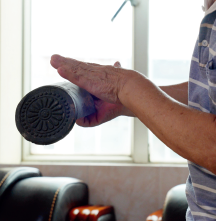
We invite the participants to
Target Audience
Researchers, practitioners, and students in design, media art, cultural heritage, social computing, AI and technology, and anyone interested in material culture, urban studies, community engagement, and narrative methods and practice.
Speaker's Info
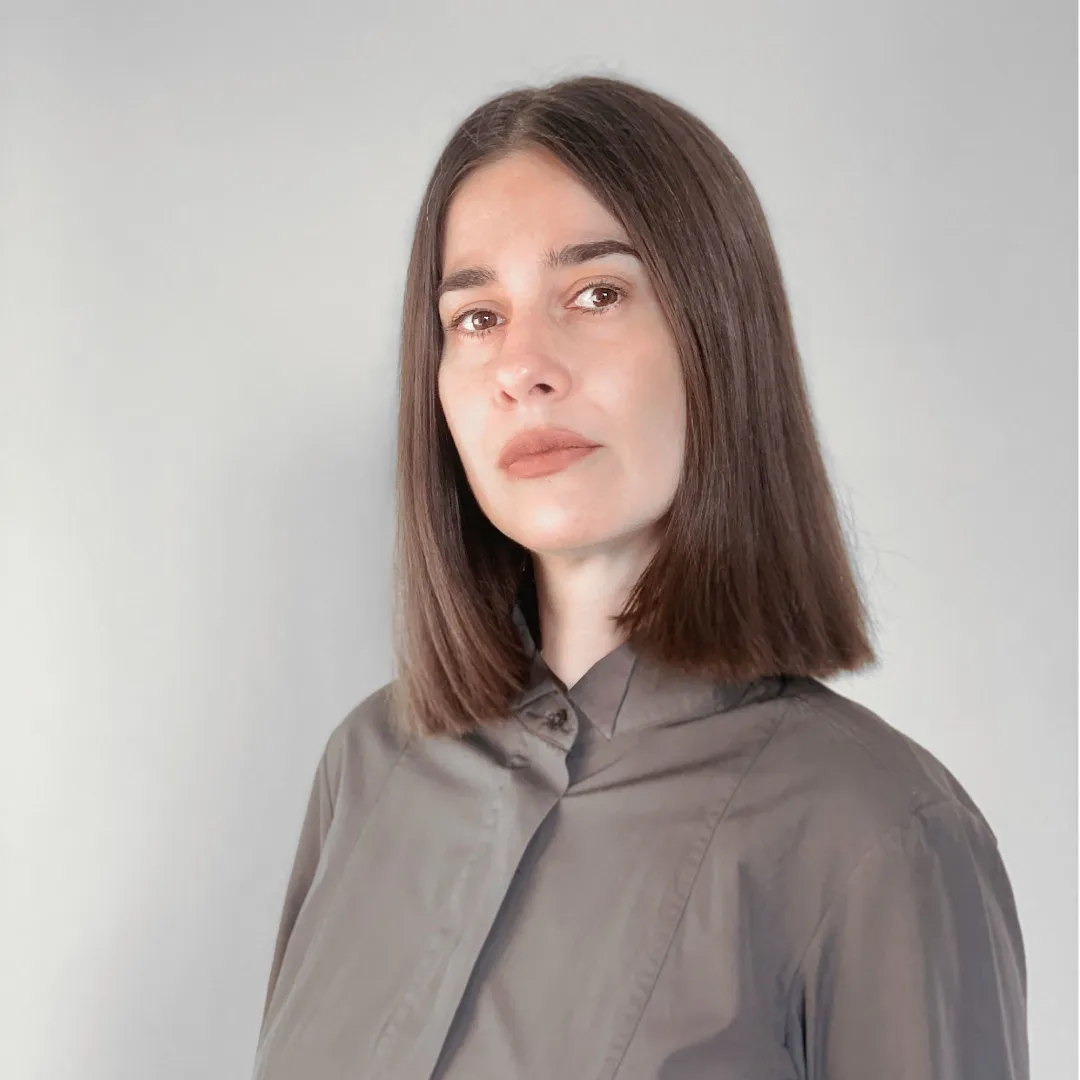
Enza MIGLIORE
Assistant Professor
Enza MIGLIORE is a researcher and educator in design, focusing on materials exploration through interdisciplinary and empirical design practices. She has a Ph.D. in Design and Innovation from the Second University of Naples; her research is in Materials and Design, Bio-Innovation, and Eco-intelligent Design. She is recipient of a Post-Doctoral Research fellowship (2017-2019) by JSPS (Japan Society for Promotion of Science). During her post-doctoral research at the Metropolitan University of Tokyo, she examined critical perspectives on the future of materials. She is an Assistant Professor at the School of Design, SUSTech University, in Shenzhen, leading the Materialities Research Group, exploring materials through ecology, technology, and culture. Enza participates in international exhibitions as part of her dissemination activity. She is a visiting researcher at IPCB, Institute of Polymers, Composites, and Biomaterials (Italian National Research Centre), the Foamlab (Federico II University of Naples), and the Hybrid Design Lab.

Nov 18. 2024 - Latest News
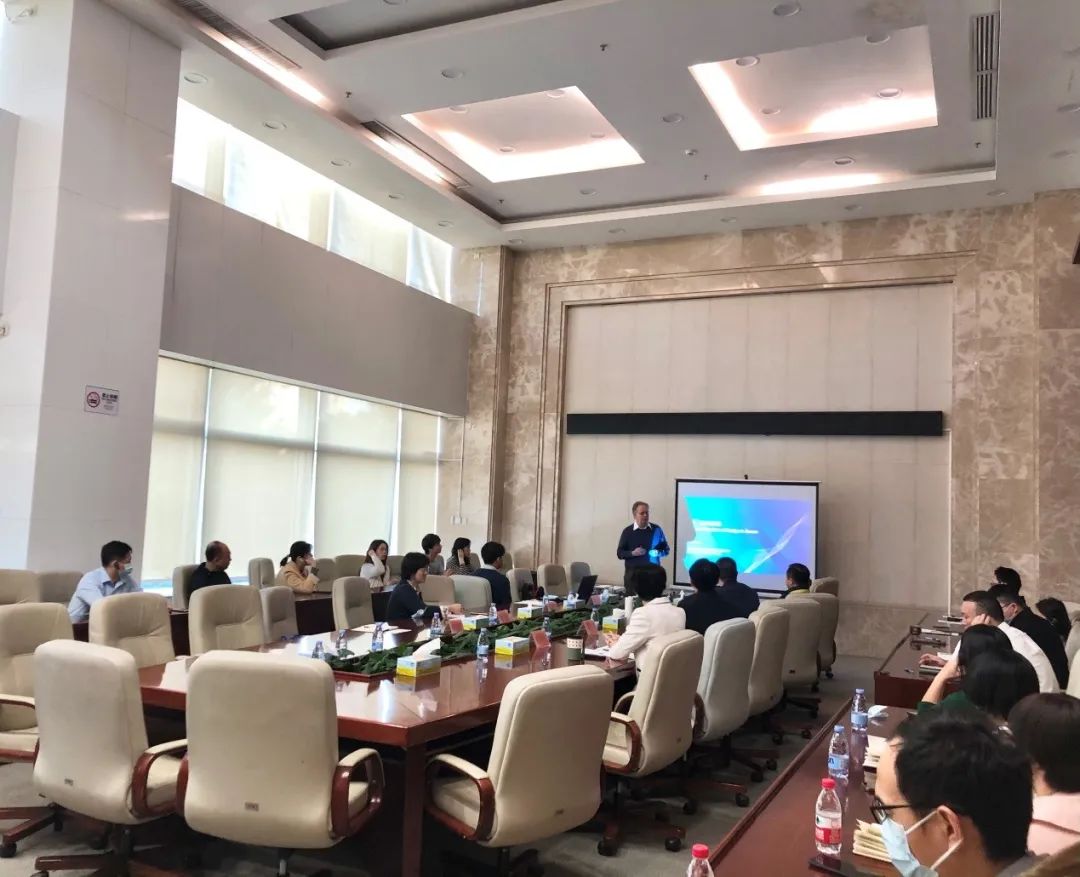
Nov 12. 2021 - Latest News
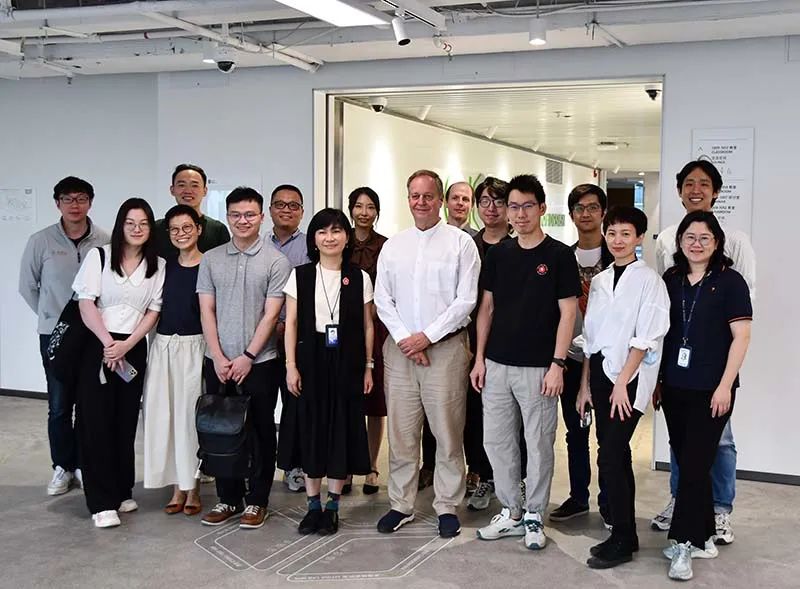
Nov 23. 2022 - Latest News